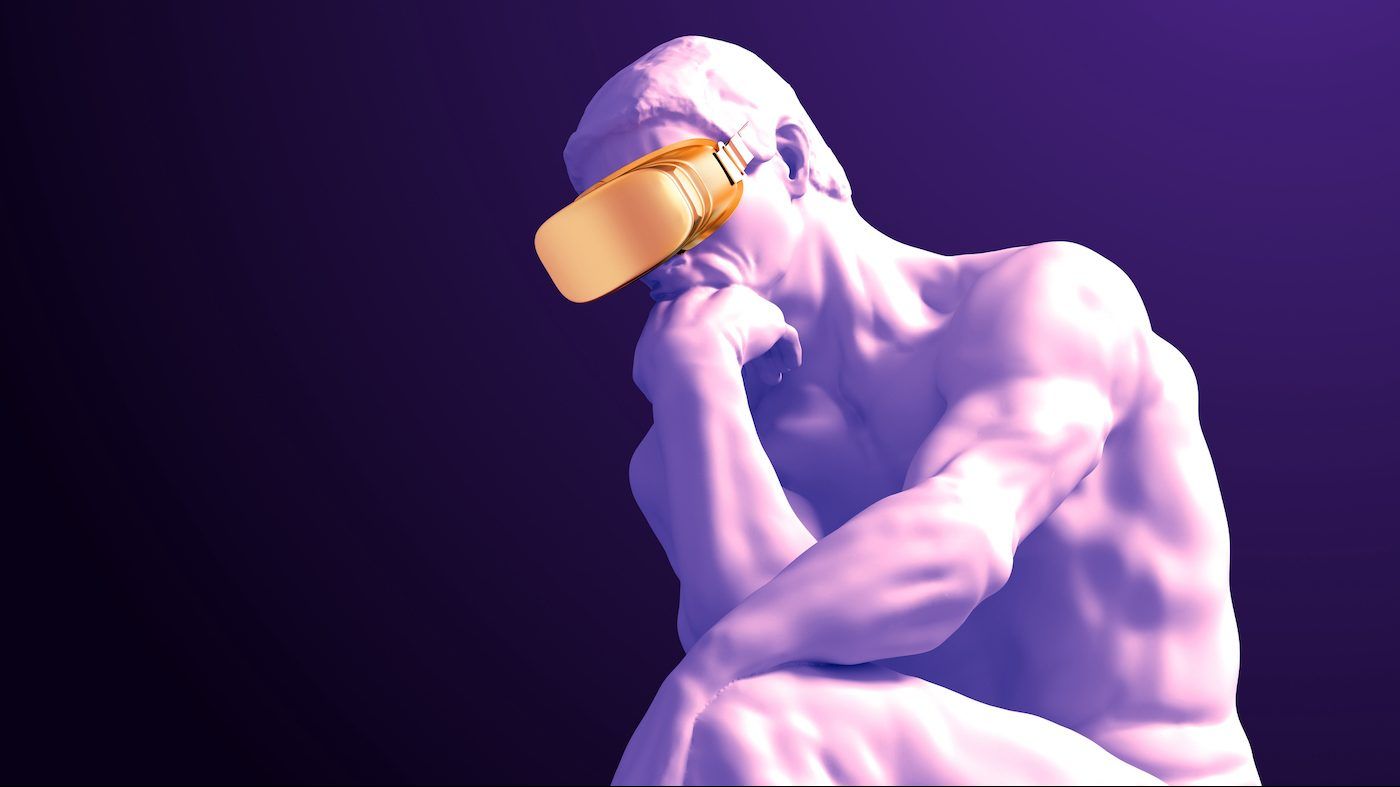“that also makes it possible for group sessions where one person can be in vr and the rest of the group can be involved. it’s an opportunity to also make it a social experience,” says appel.
in addition to virtual strolls through the forest or among animals in a zoo, the team is incorporating more customized environments. by uploading photos or videos from family members, for example, the team can compile personalized experiences and memories, such as a childhood home, photos of pets or videos of grandkids.
appel even plans to incorporate live streaming using 360-degree cameras. “i want a person in a long-term care home to effectively be having dinner with their family in their home.”
hung and wong’s partnership with vancouver coastal health and support by the mitacs accelerate grant and the alzheimer society of canada will help them scout more personalized images as well.
“people are telling us they want more personalization,” says hung. “they want to look at more local videos, they want to go to coffee shops, watch fireworks on the beach and be among the crowds.”
virtual reality is not for everyone
as thrilling — or comforting — as it is for patients and residents to immerse themselves in environments beyond their four walls, virtual reality is not for everyone. some people living with dementia, for example, don’t always recognize the people or places around them. fitting them with a vr headset featuring a variety of images could confuse them even more. the accompanying sound and movement could also be disorienting or cause dizziness or motion sickness, especially if they’re on certain medications.
 7 minute read
7 minute read









